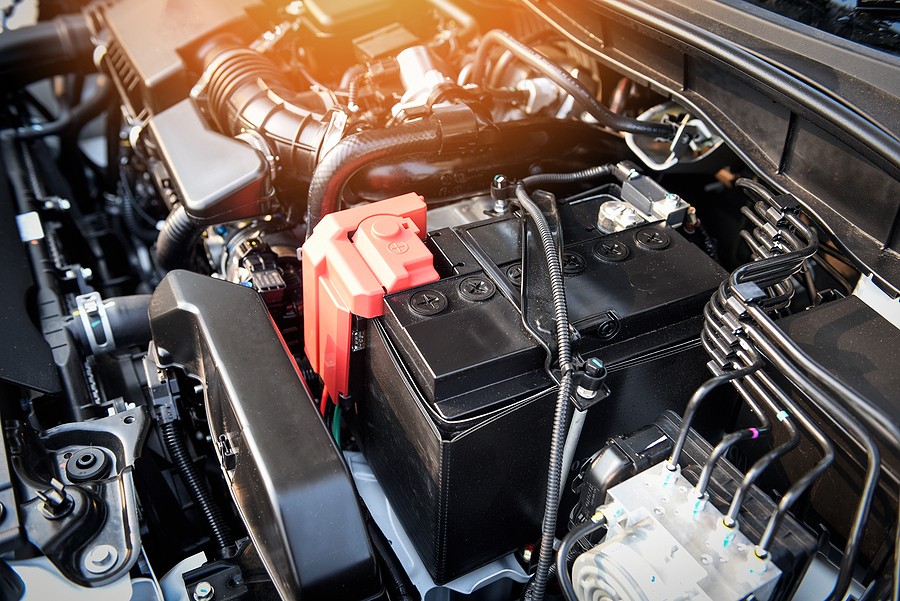
How to Choose the Right Battery for Your Car?
Is your car taking too much time to get started? Is your four-wheeler giving multiple jumpstarts?
If so, it might be time to replace your car battery.
Any electronic device’s battery is thought of as its “heart and soul,” and the same is true of cars. The car battery is an essential part because it is essential to keeping the car running.
If you are considering car battery replacement by experts, here are a few essential tips to choose the right battery.
1. Choose the Right Power
Cold Cranking Amps (CCA) are a measure of the vehicle’s starting power, which should fundamentally fit your vehicle’s needs. You should also take Reserve Capacity (RC), which counts the number of minutes of backup power at a specific load, into account in addition to CCA.
The amount of power needed to run the car’s accessories when the engine is off is indicated by the reserve capacity. Before deciding to change your batteries, it is imperative to take a look at the RC rating (in minutes).
2. Check the Battery’s Age
Batteries from more recent generations often perform better and live longer. Be cautious to check the manufacturing date if you intend to purchase replacement batteries for your vehicle. If a battery is more than six months old, it is normally considered to be “fresh.”
Regrettably, manufacturing dates are rarely indicated using standard notation. Instead, 2-character alphanumeric codes are used to describe the age of a car battery. The first character shall be one of the letters A to L signifying the month of manufacture and the year of manufacture, respectively.
3. Battery Maintenance
You can pick between two different battery kinds for your car: maintenance-free and maintenance-required. The vast majority of motorists choose for a maintenance-free auto battery, which is frequently more expensive but has the advantage of worry-free operation. Once installed in your car, these battery types don’t need to have their electrolyte levels checked.
Although more expensive, batteries that need maintenance demand this oversight. Either you or a professional must check the electrolyte levels while the driver is operating the vehicle. The levels may also need to be topped off.
4. Warranty
A car battery’s warranty can differ between manufacturers. Others only permit partial payment and offer a prorated warranty. For the length of some warranties, a free replacement is offered. These two various types of warranties may also be combined in some warranties.
Examine the warranty details carefully when comparing batteries to ascertain whether it is a full replacement warranty or a prorated warranty. This will greatly affect how you evaluate each battery.
5. Check the Battery’s Reserve Capacity
The reserve capacity rating (RC) of a battery identifies its “standing power.” If the alternator or fan belt fails, how long can the battery maintain the minimum voltage required to drive your car? If the alternator fails, your car can still run on its battery thanks to its outstanding reserve capacity rating.
Don’t only pick the battery with the largest available reserve capacity. For information on the suggested reserve capacity rating for your specific car model, consult your owner’s manual. Choose batteries only if their RC ratings are between those suggested in the owner’s manual of your car.
Conclusion
Since the car battery is an essential component of the vehicle, you should always seek assistance from knowledgeable professionals who are skilled and knowledgeable in resolving a variety of car battery issues.






